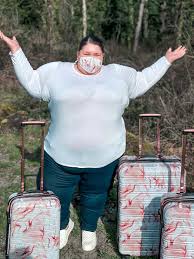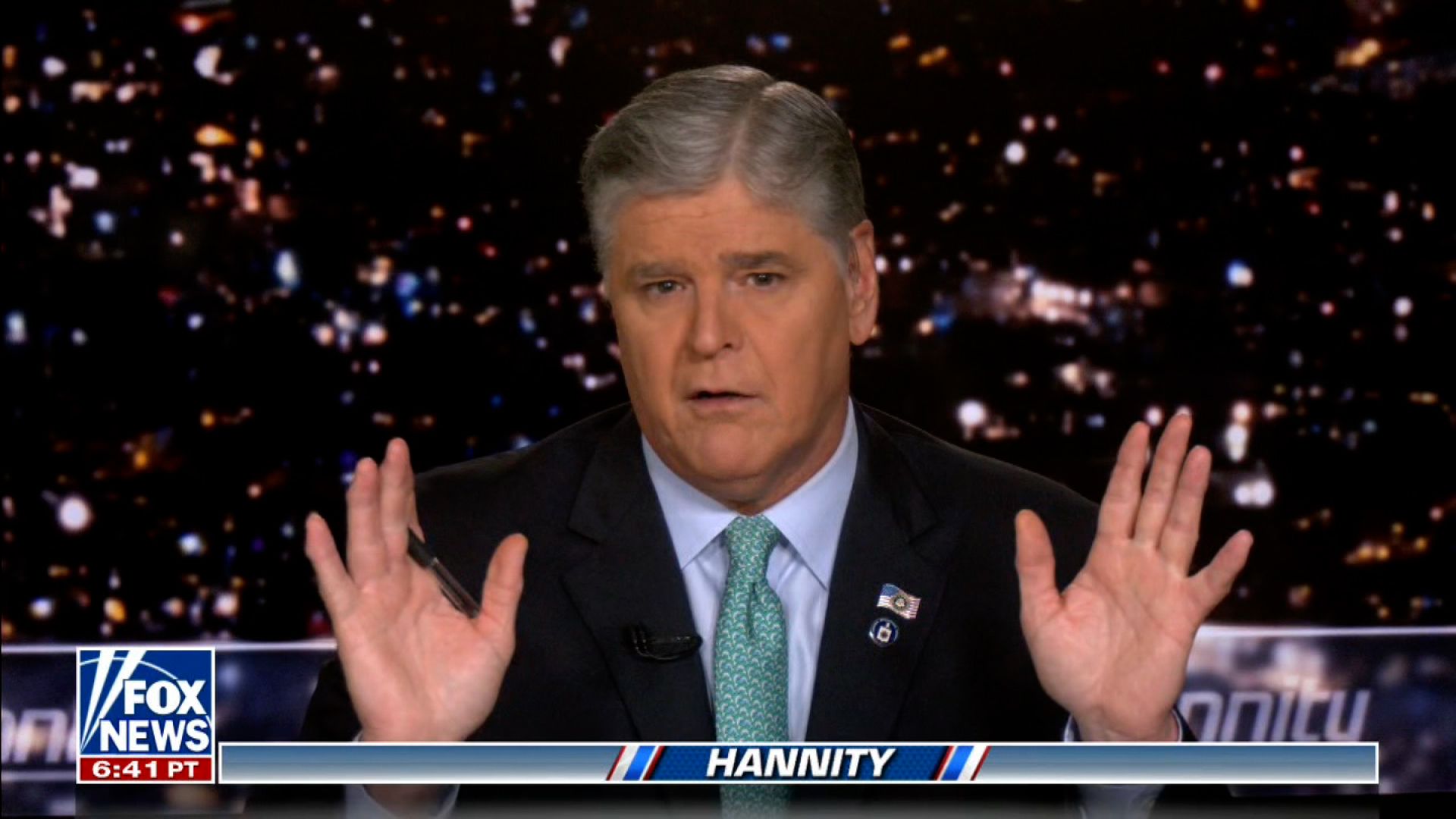A Canadian travel and lifestyle creator, Jaelynn Chaney, has called on the Federal Aviation Authority (FAA) and airlines to provide free extra seats for overweight flyers to ensure a comfortable experience while traveling.
In her petition, Chaney stated that all plus-size passengers should be given an extra free seat, or even two or three, depending on their size, to accommodate their needs and ensure comfort during the flight.
She also called on airlines to refund overweight passengers for any extra seats they are forced to purchase when booking.
Chaney’s petition has been signed by around 4,300 people as of Saturday afternoon.
Chaney also revealed that she and her partner have experienced discrimination and discomfort while flying due to their plus size.
During a flight from Pasco to Denver, her fiancé was subjected to hateful comments, disapproving looks, and even refusal to sit next to him.
Similarly, on another flight, Chaney was forced to occupy only one seat with immovable armrests which caused her pain and bruises.
She added that the mistreatment of plus-size passengers is unacceptable and highlights the urgent need for better policies that protect the dignity and rights of all passengers, regardless of size.
Chaney’s proposal, if adopted, would likely raise ticket prices, and non-overweight passengers could be faced with higher prices to help cover improvements.
However, Chaney believes that the changes are worth it, and airlines should stop overselling tickets to accommodate larger passengers.
She has also suggested a wheelchair-accessible bathroom be added to all new airplanes, promoting a more inclusive and accommodating travel experience.
She stated that the lack of a uniform customer-of-size airline policy is unacceptable and must be addressed.
Chaney called for crew members to undergo training on how to accommodate plus-size travelers, including handling sensitive situations and providing appropriate customer service.
She also recommended TSA be trained to implement clear guidelines for screening plus-size travelers, offer sensitivity training, and provide accessible screening equipment.
Chaney acknowledged she did not know who would fund the cost of the changes she suggested, but she believes the government could have a role to play in funding or incentivizing these policies to promote accessible and equitable transportation for all citizens.





